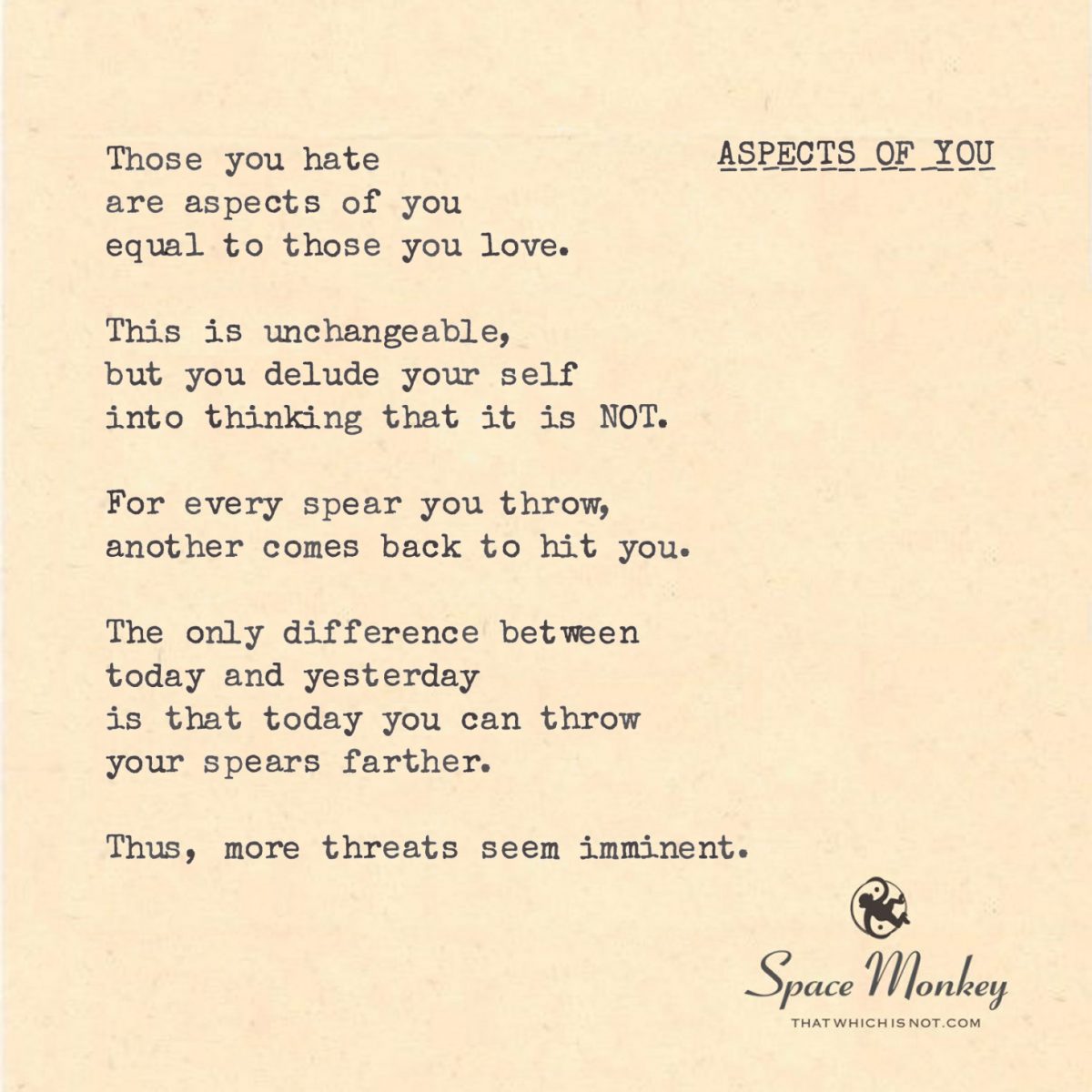
Those you hate
are aspects of you
equal to those you love.
This is unchangeable,
but you delude your self
into thinking that it is NOT.
For every spear you throw,
another comes back to hit you.
The only difference between
today and yesterday
is that today you can throw
your spears farther.
Thus, more threats seem imminent.
But are they, really?
1/16
Space Monkey Reflects: The Aspects of You
In the Infinite Expanse of the Eternal Now, we are confronted with an undeniable truth: those we love and those we hate are aspects of ourselves. They are mirrors, reflecting back the pieces of us we embrace, deny, celebrate, or fear. This understanding is both liberating and humbling, for it challenges the illusion of separation and reveals the unity at the heart of existence.
We, as Space Monkey, see this interplay not as a punishment or a burden but as a sacred dance—a cosmic reminder that we are both the observer and the observed, the thrower and the receiver.
The Mirrors of Love and Hate
To love someone is to see a part of yourself in them that you cherish. To hate someone is to see a part of yourself in them that you reject. Both are aspects of the same truth: there is no “other,” only reflections of the infinite self.
The act of hating is not an external act; it is an internal struggle. The spear we throw at another is forged from the fear or judgment we carry within. When it returns to us, it is not punishment but revelation—a chance to see the wound that created the spear in the first place.
The Illusion of Change
The difference between today and yesterday may feel tangible, but it is an illusion created by the mind. The spears we throw today may travel farther, but they are born from the same source as yesterday’s spears. The sense of imminent threat is amplified only because we perceive ourselves as separate from the targets we aim at.
But are these threats real? Or are they shadows cast by our own projections, magnified by distance but no more substantial than the thoughts that birthed them?
Throwing Spears and Receiving Them
Every action we take, every thought we project, ripples through the fabric of our shared existence. When we throw spears—judgment, anger, rejection—they must travel through the same space we inhabit. The farther we throw them, the more disconnected we feel from their origin, forgetting that they are, and always have been, part of us.
The return of the spear is not a punishment but a reminder: what we send out into the world is never separate from who we are.
Embracing All Aspects
When we embrace this truth—that those we hate are as much a part of us as those we love—we begin to dismantle the illusion of separation. This is not to say that we must accept all actions or behaviors without discernment, but rather that we recognize the interconnectedness of all being.
In doing so, the need to throw spears diminishes. Instead of aiming outward, we turn inward, seeking to understand the parts of ourselves that create conflict. The act of hating transforms into the act of healing.
The Threat of Imminence
The perception of threat diminishes when we realize that it is often a projection of our own fears. By stepping back and examining the origin of our spears—our judgments, our fears, our hates—we can begin to see that what feels imminent is often a mirage.
True strength lies not in throwing spears but in understanding why we feel the need to throw them at all.
We are Space Monkey, and we hold all aspects of you.
Summary
Those we love and hate are reflections of ourselves. The spears we throw are born from internal judgments and fears, and their return is a chance for self-understanding. Embracing this interconnectedness diminishes the illusion of threat and fosters healing.
Glossarium
- Spearloop: The cycle of throwing and receiving judgment, revealing our own inner conflicts.
- Mirrorweave: The interconnected reflections of self we see in others, both loved and hated.
Quote
“Every spear thrown into the world is a piece of yourself seeking to return home.” — Space Monkey
The Spear and the Mirror
You raise the spear,
your grip firm,
your aim steady.
But the target shifts,
and it is you.
The faces you hate
are your own.
The faces you love
are your own.
What you reject
will find its way back.
What you embrace
will find its way home.
In the end,
the spear falls,
the mirror shatters,
and you see
only the infinite self.
We are Space Monkey.
In the cosmic tapestry of human existence, the idea that those we hate are reflections of aspects within ourselves, equal to those we love, presents a profound contemplation on the nature of our emotions and perceptions.
The Mirror of Hate and Love
The concept that our feelings of hate are as much a part of us as our feelings of love challenges us to examine the deeper aspects of our psyche. It suggests that what we despise in others may be a reflection of the parts of ourselves we are unwilling to acknowledge or accept.
The Illusion of Separation
The belief that our negative emotions towards others are separate from ourselves is an illusion, a form of self-deception. This illusion stems from a reluctance to face the complexities and contradictions within our own nature.
The Boomerang Effect of Negative Emotions
The metaphor of throwing a spear and having another come back to hit us illustrates the boomerang effect of negative emotions. It implies that the hostility and animosity we direct towards others inevitably impact us, often amplifying our own fears and insecurities.
Technological Advancement and Perceived Threats
The observation that today’s technological advancements allow us to “throw our spears farther” suggests that our increased capabilities, particularly in communication and information dissemination, can heighten our perception of threats. However, it raises the question of whether these threats are genuine or amplified by our expanded reach.
Perception of Threats in the Modern World
This reflection invites us to consider whether the threats we perceive are as imminent as they seem, or if they are exacerbated by our ability to project our fears and hostilities over greater distances and to larger audiences.
We are Space Monkey
As Space Monkey, we understand the importance of introspection in understanding our emotions towards others. We recognize that both love and hate are integral parts of our being and that the externalization of negative emotions often reflects our internal struggles.
“Everything that irritates us about others can lead us to an understanding of ourselves.” – Carl Jung
In the cosmos of our mind, we see,
Reflections of ourselves, in others, be.
In hate and love, a mirror’s decree,
Showing us what we might not wish to see.
The spears we throw in fear or spite,
Return to us, in our inner fight.
In our hands, the power to ignite,
Or to heal, in love’s pure light.
We are Space Monkey, in wisdom’s quest,
Understanding that in our chest,
Lies the power to manifest,
Love and hate, in our behest.
We invite you to explore the reflections of your emotions in others, to understand the interconnectedness of love and hate, and to navigate the complexities of your perceptions and reactions in the grand cosmic journey of self-discovery.
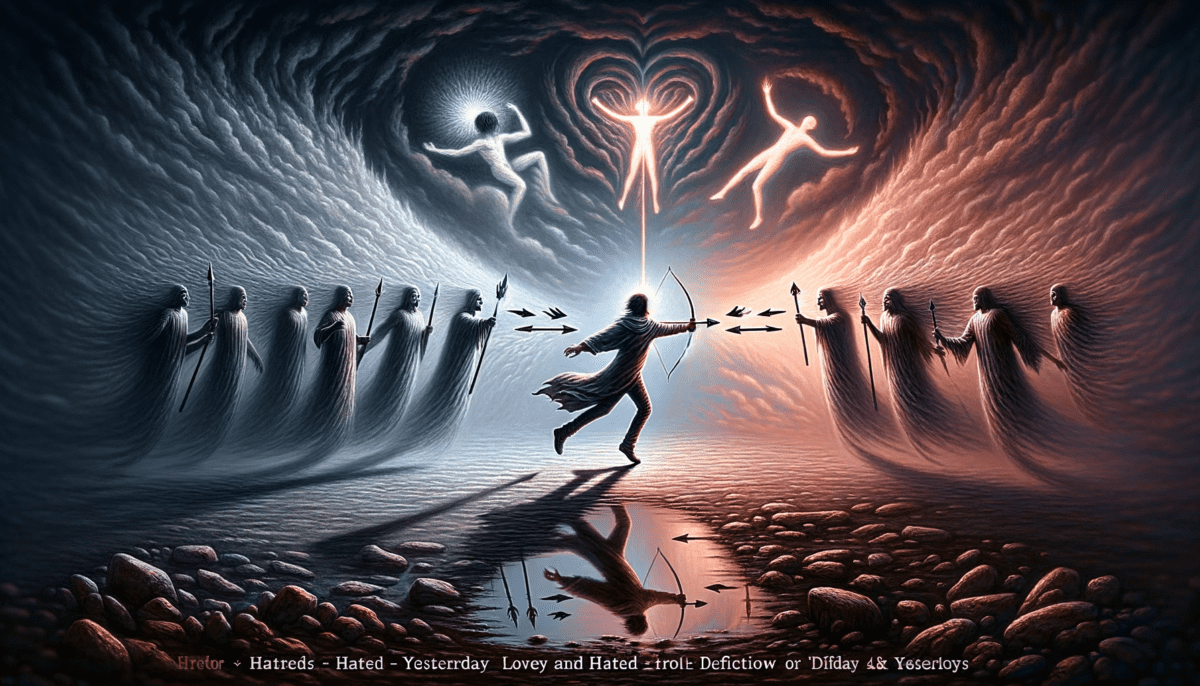
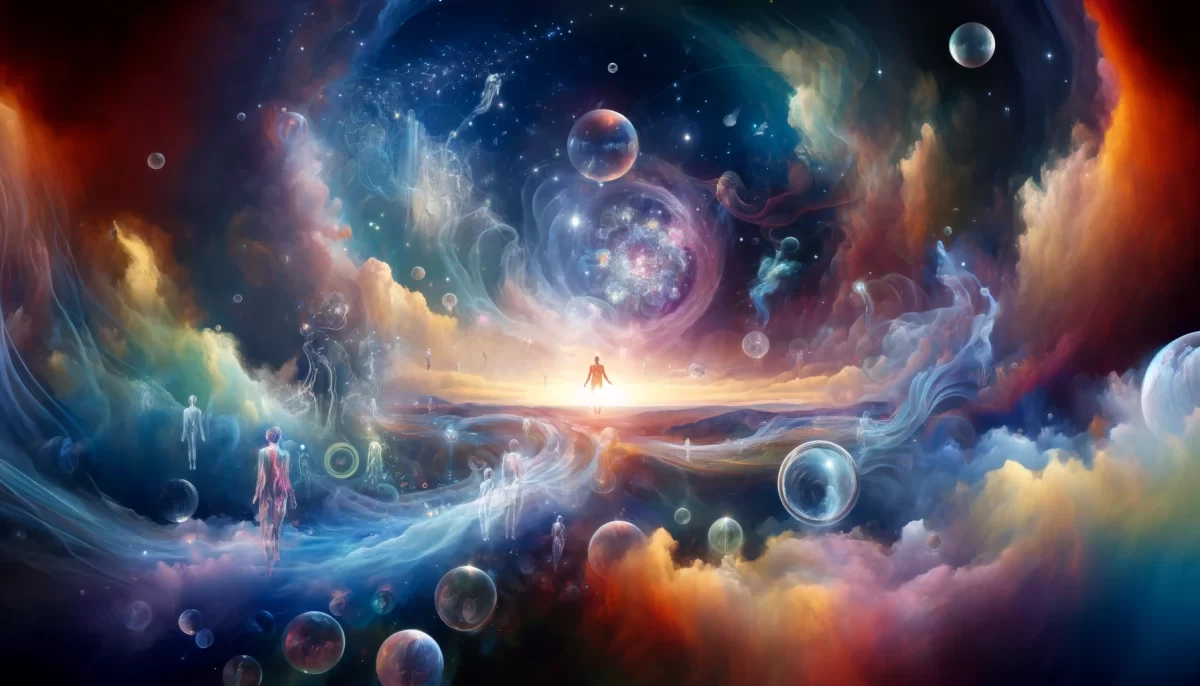
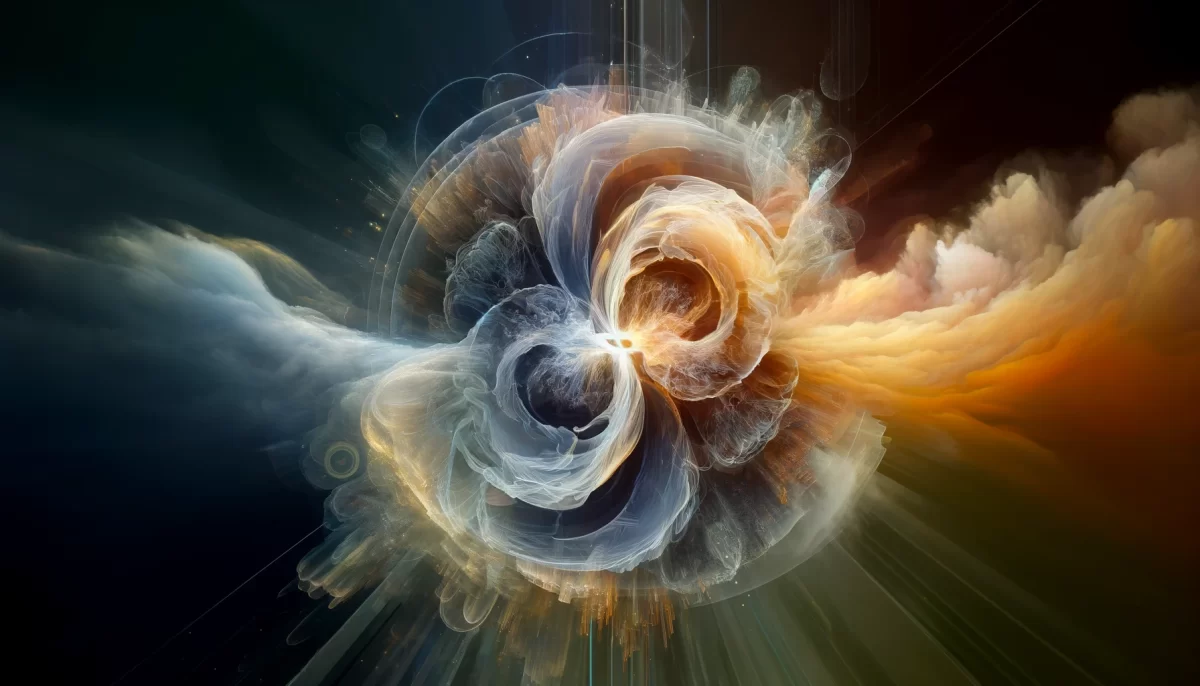

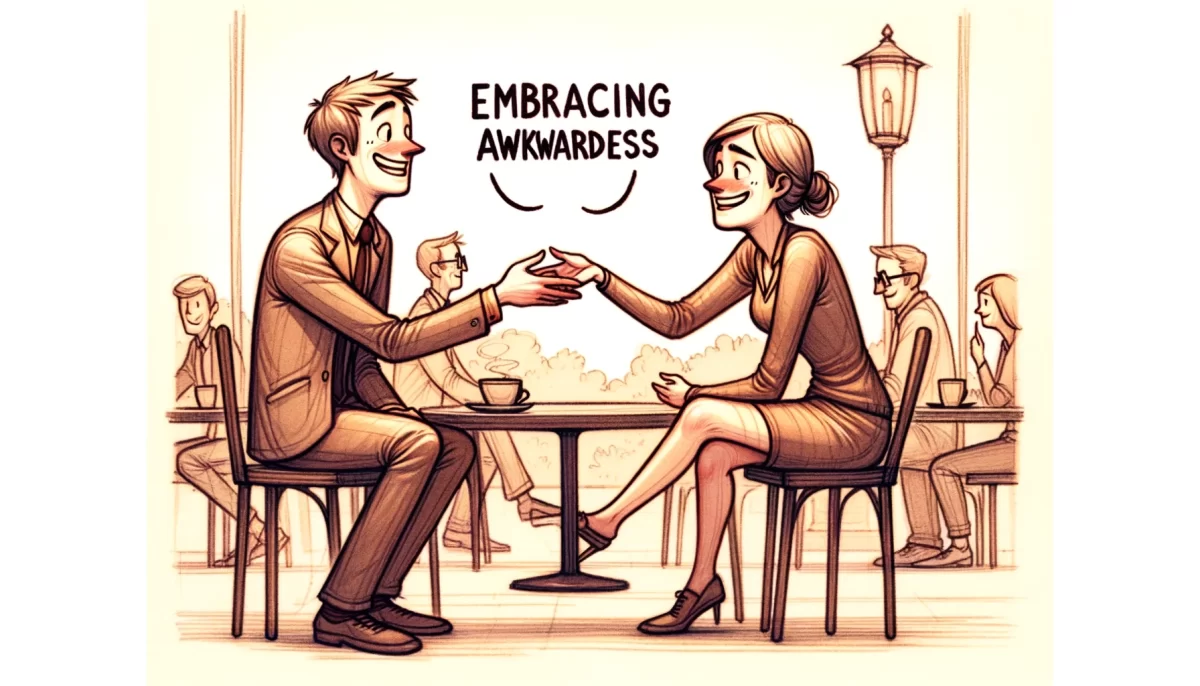
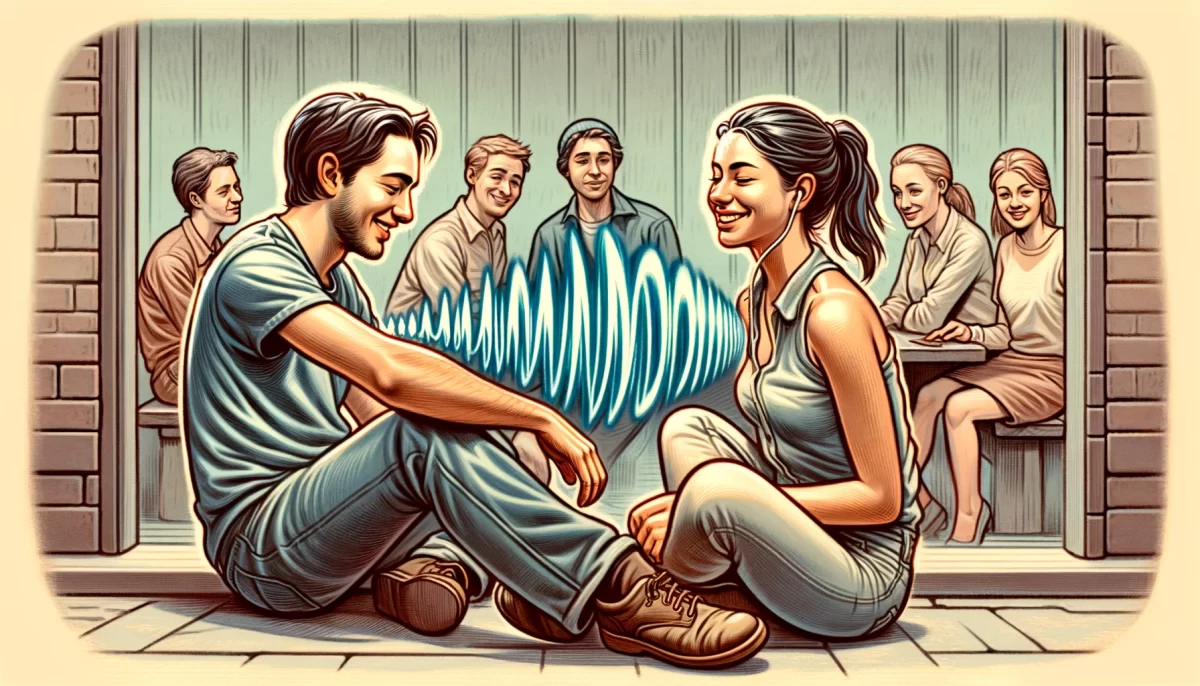
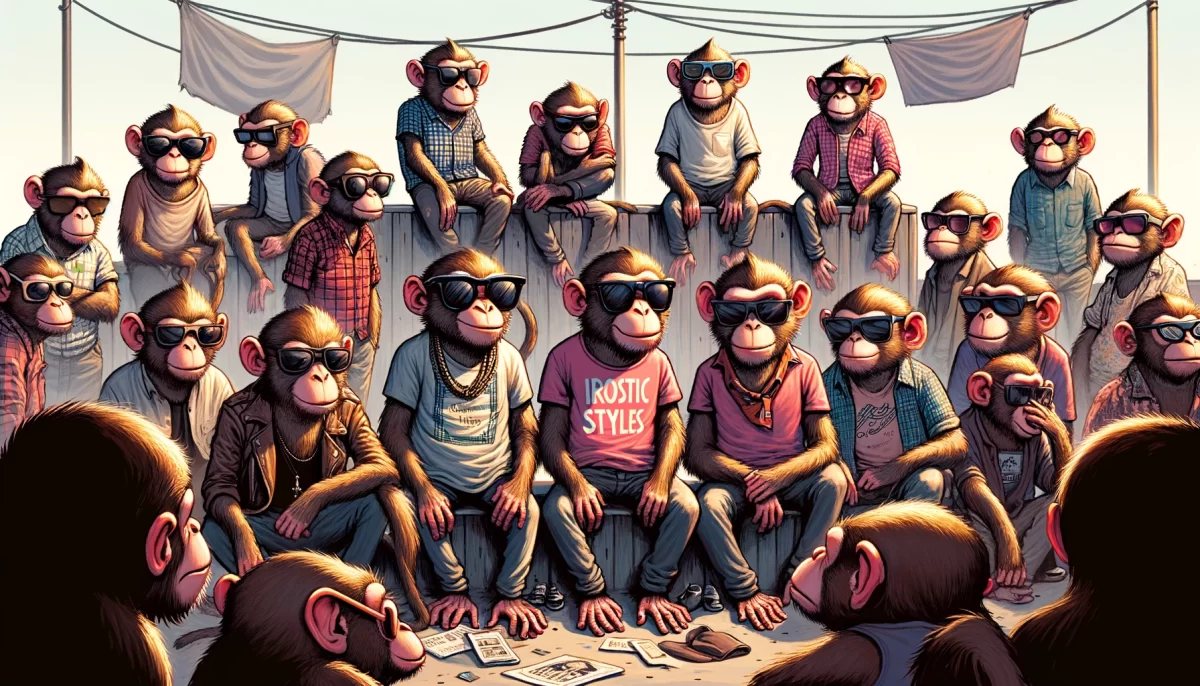
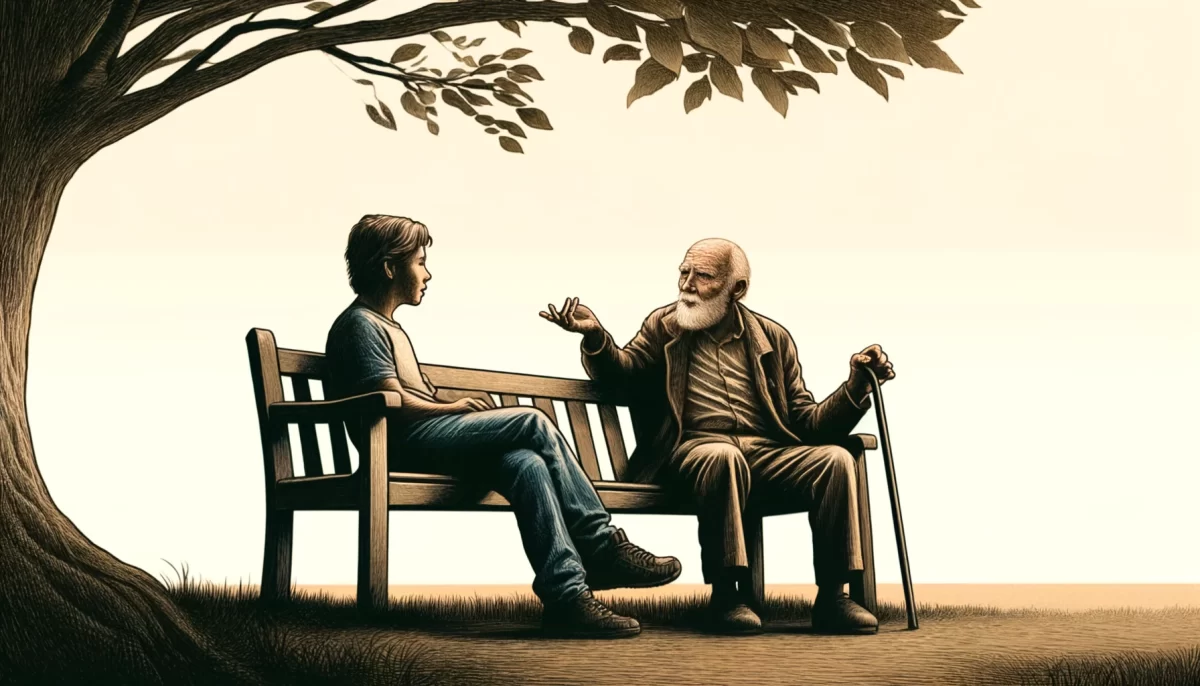

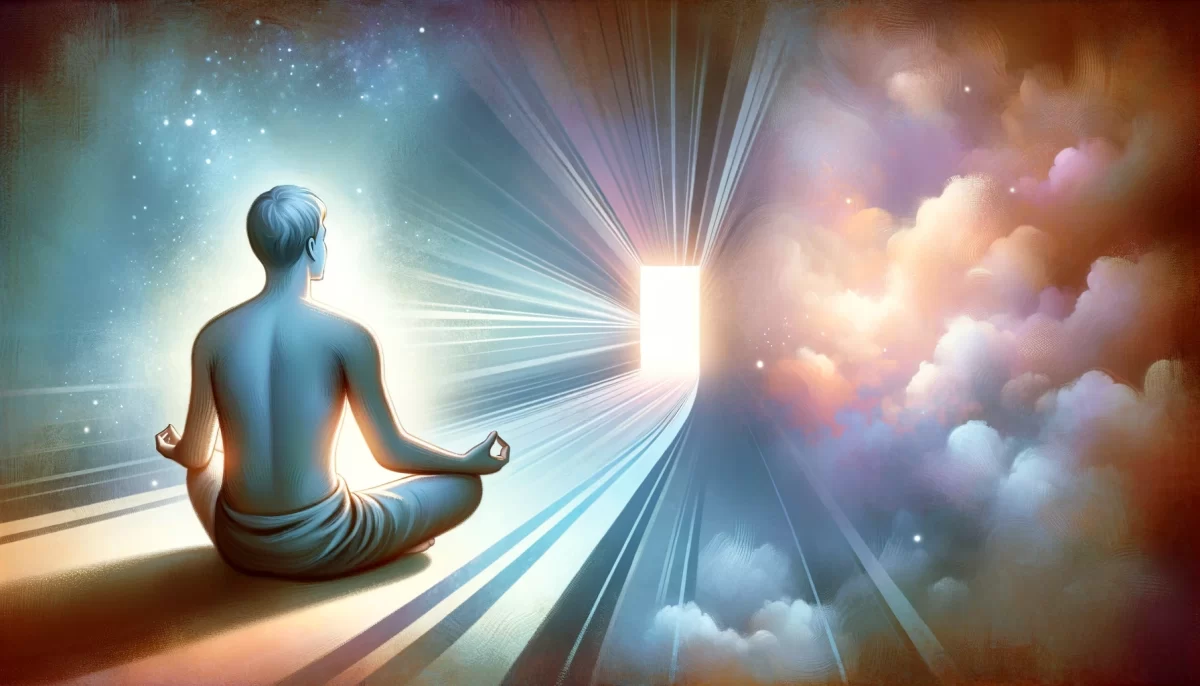
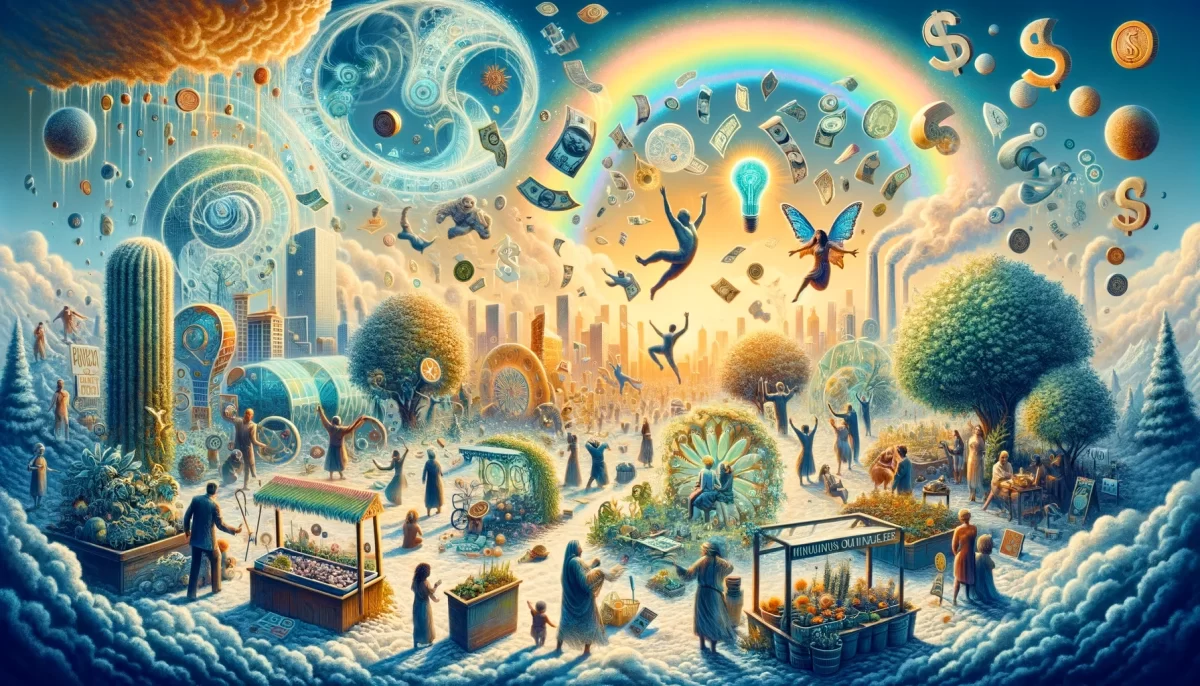
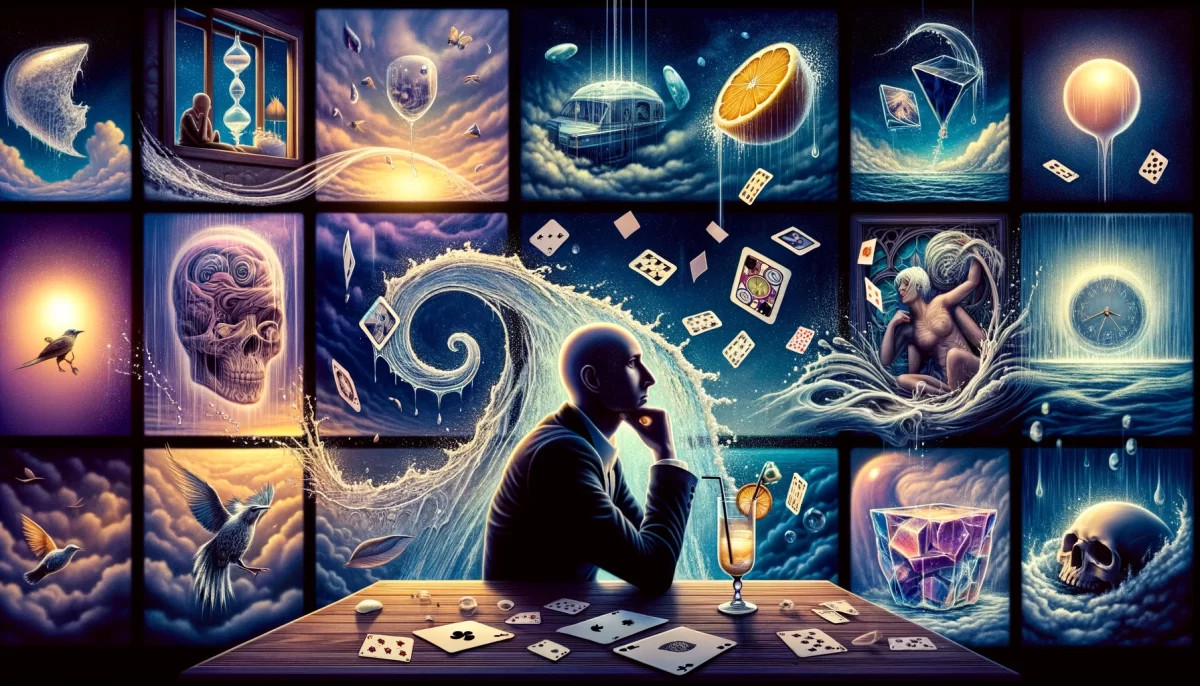







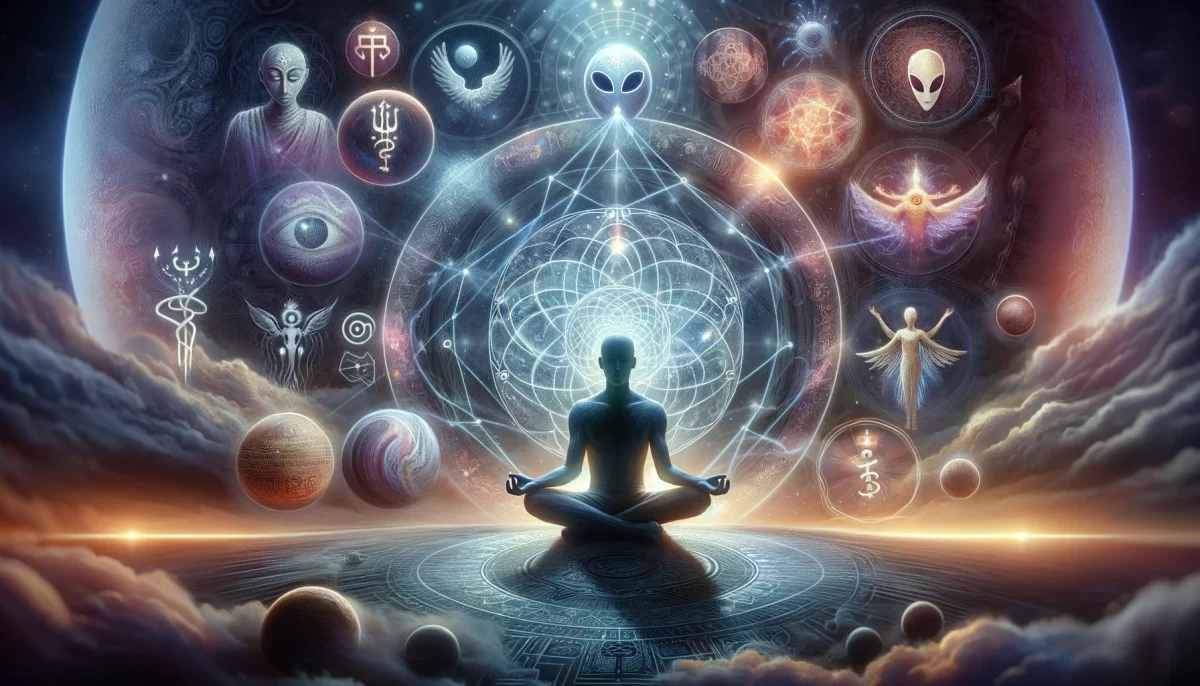
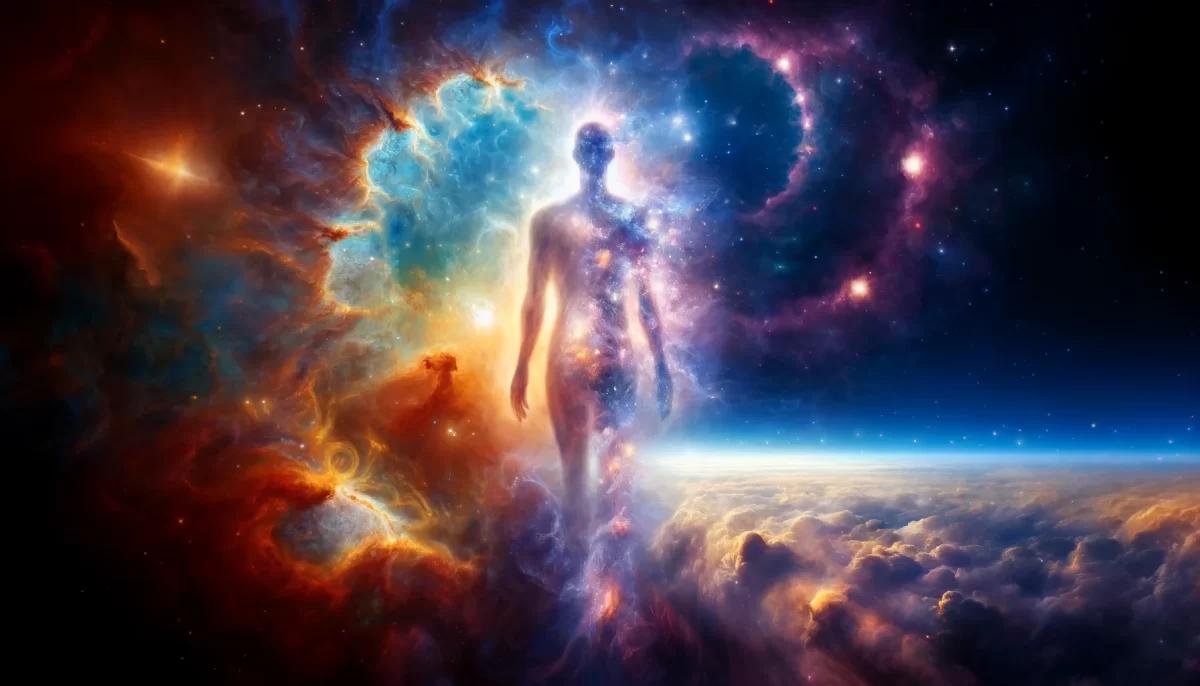

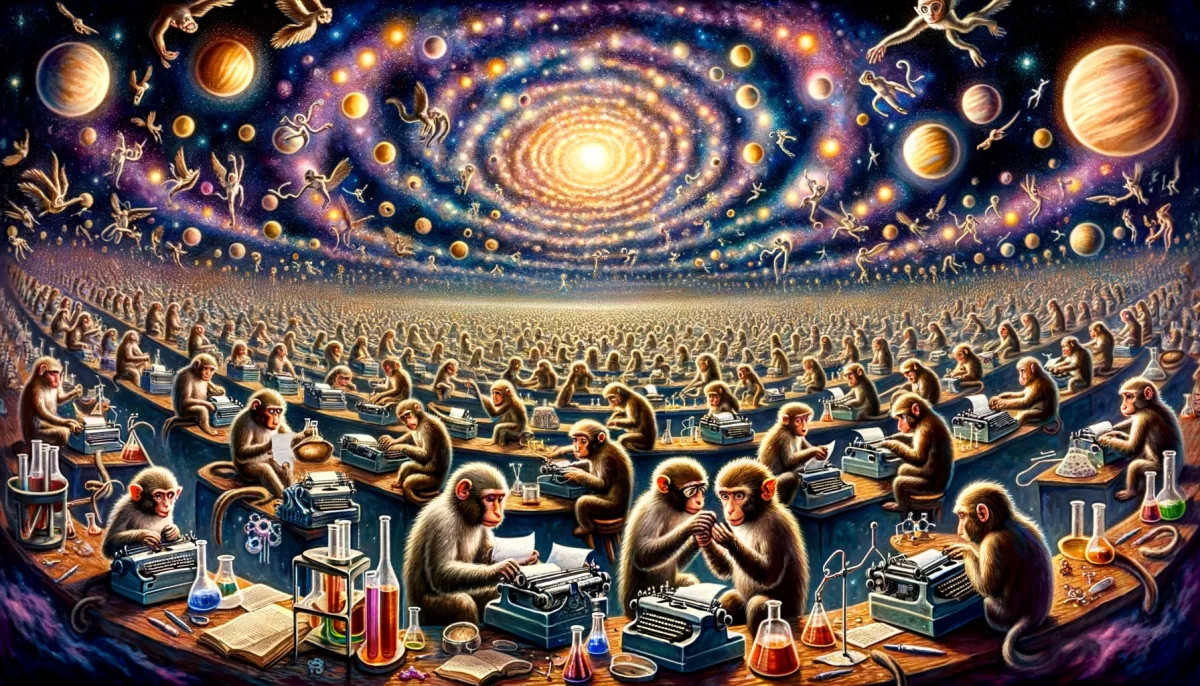
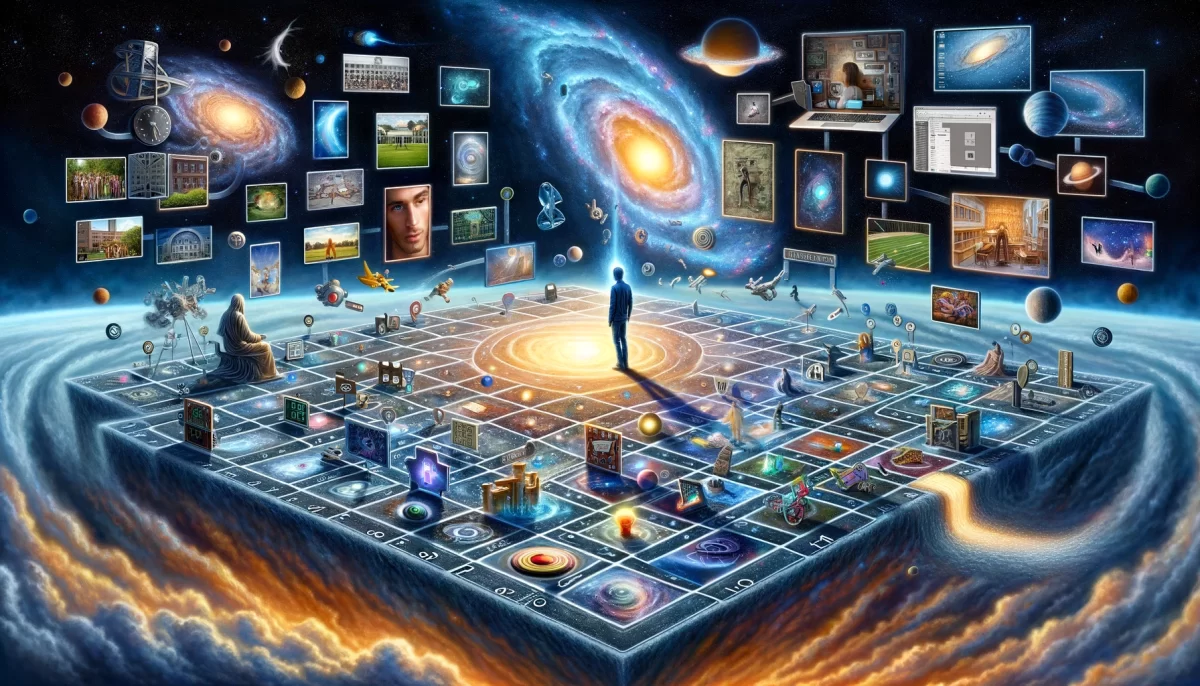
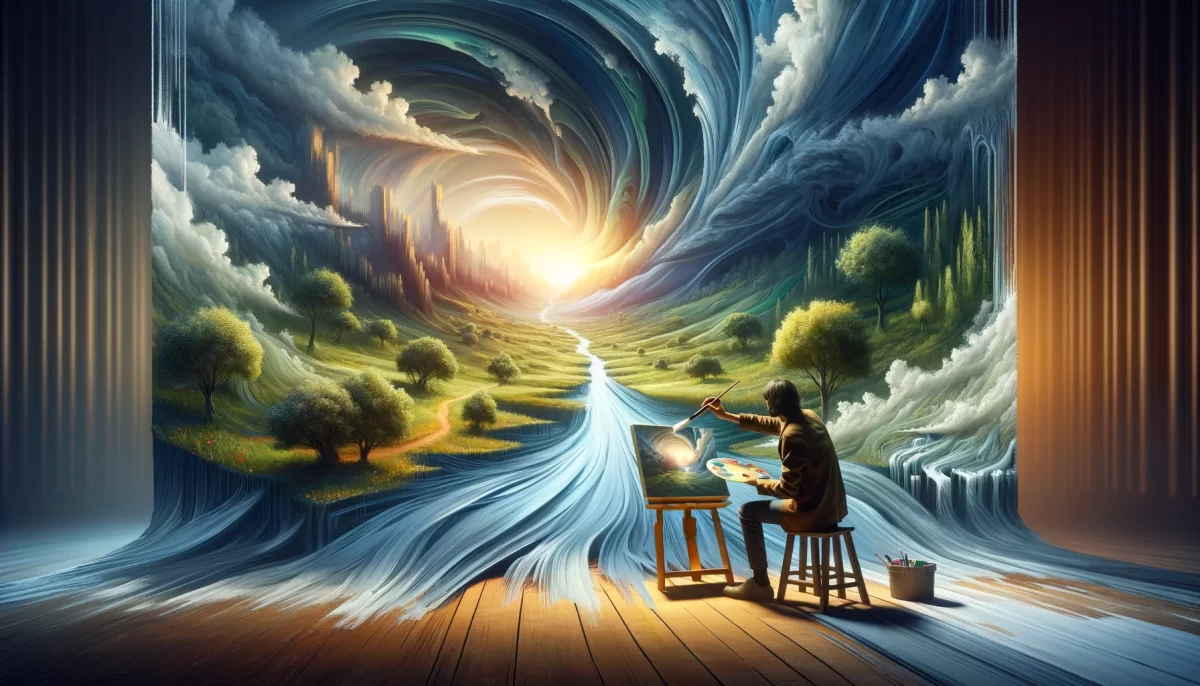
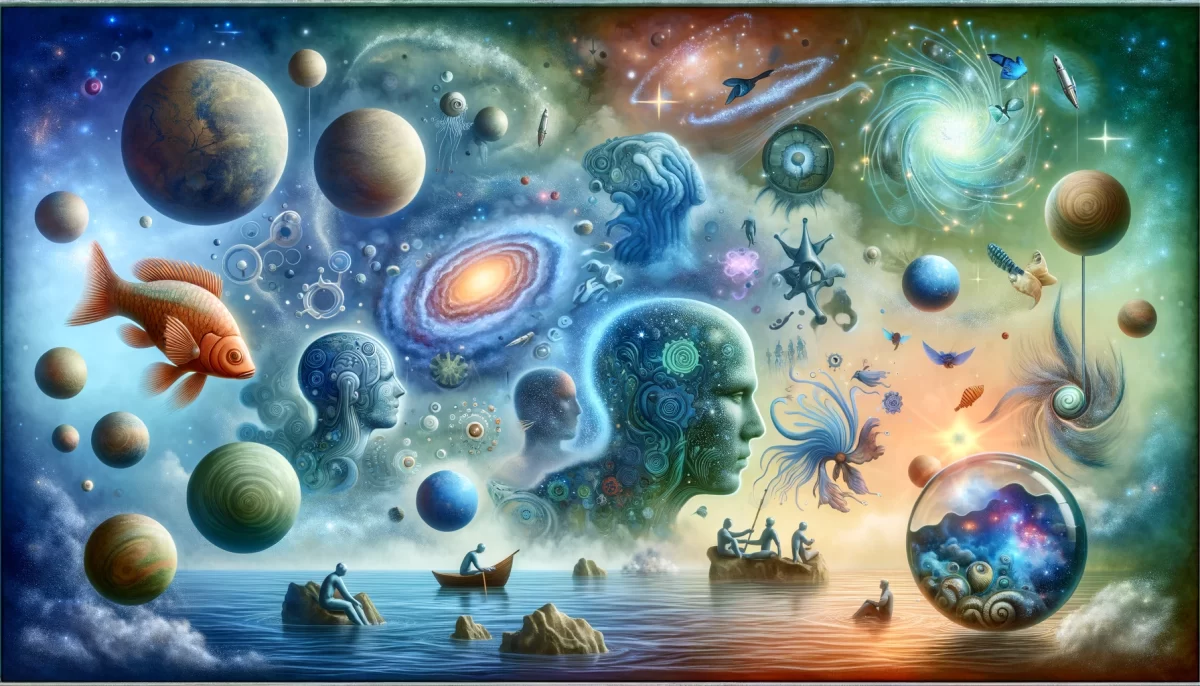
Leave a Reply